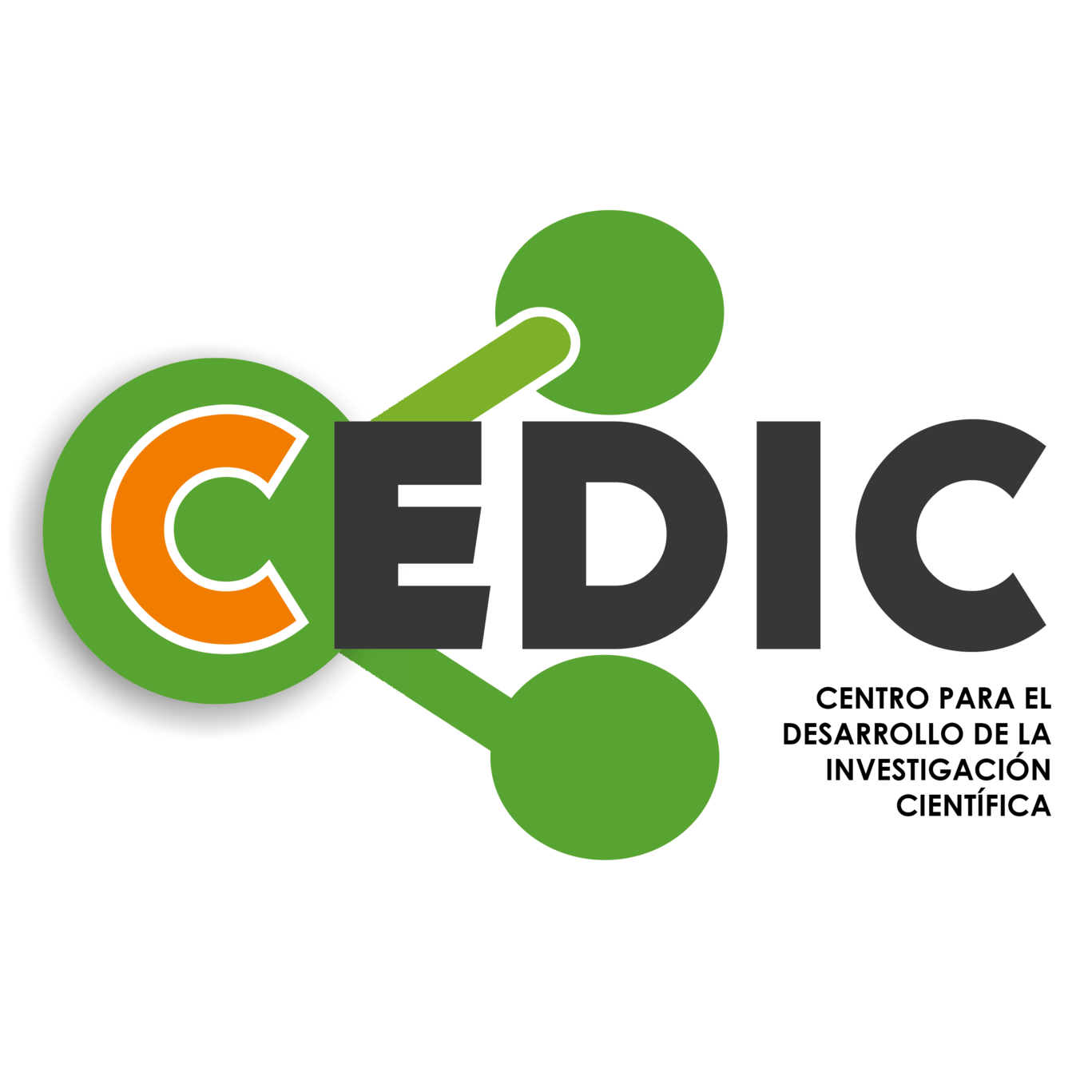Author Summary [PLoS - NTDS] The substantial burden of Chagas disease, especially in Latin America, and the limitations of currently available treatment and control strategies have motivated the development of a Trypanosoma cruzi (T. cruzi) vaccine. Evaluating a vaccine's potential economic value early in its development can answer important questions while the vaccine's key characteristics (e.g., vaccine efficacy targets, price points, and target population) can still be altered. This can assist vaccine scientists, manufacturers, policy makers, and other decision makers in the development and implementation of the vaccine. We developed a computational economic model to determine the cost-effectiveness of introducing a T. cruzivaccine in Latin America. Our results showed vaccination to be very cost-effective, in many cases providing both cost savings and health benefits, even at low infection risk and vaccine efficacy. Moreover, our study suggests that a vaccine may actually “pay for itself”, as even a relatively higher priced vaccine will generate net cost savings for a purchaser (e.g., a country's ministry of health). These findings support continued investments in and efforts toward the development of a human T. cruzivaccine.
Read Full article [PLoS - NTDS]
Lee BY, Bacon KM, Connor DL, Willig AM, Bailey RR (2010) The Potential Economic Value of aTrypanosoma cruzi (Chagas Disease) Vaccine in Latin America. PLoS Negl Trop Dis 4(12): e916. doi:10.1371/journal.pntd.0000916
